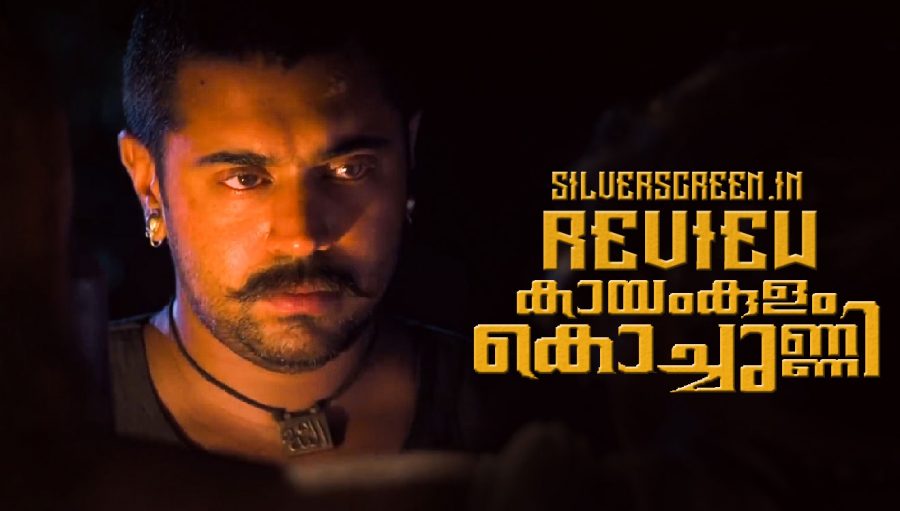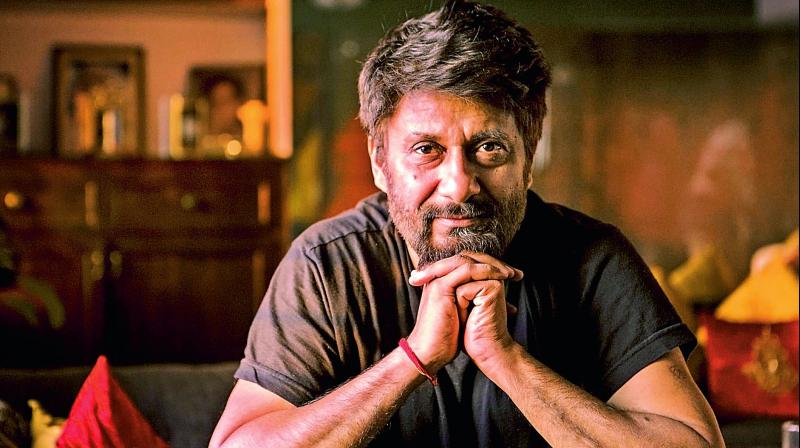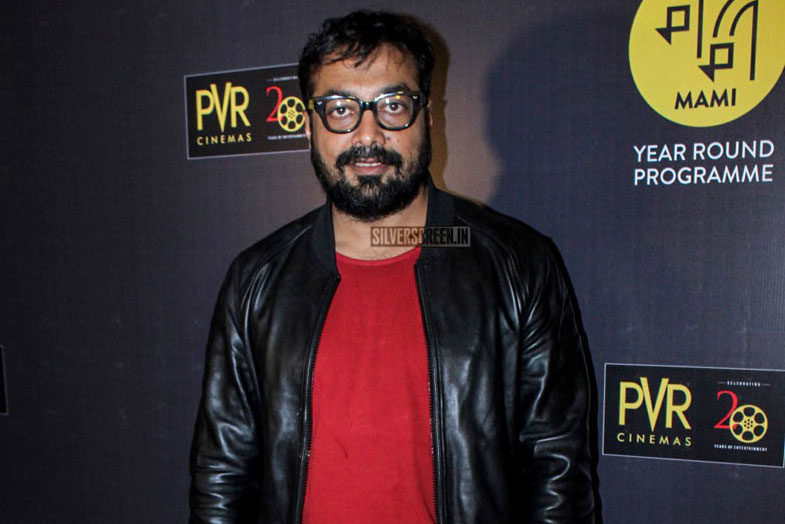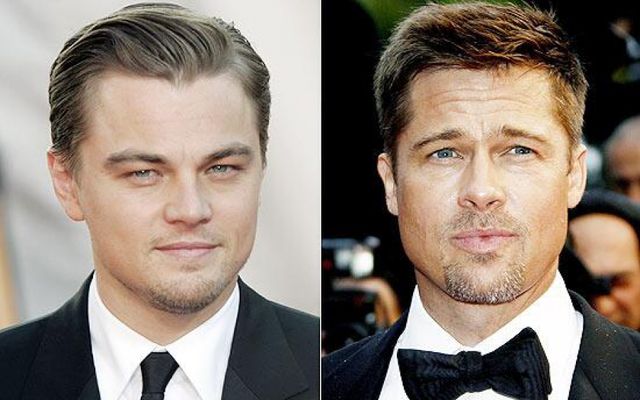Cast: Nivin Pauly, Mohanlal, Priya Anand, Babu Antony
Director: Rosshan Andrrews
Music: Gopi Sundar
The best moments in Kayamkulam Kochunni are those where the protagonist, Kochunni (Nivin Pauly), steps back and becomes a sidekick. This happens twice in the film; first when Mohanlal’s wicked Ithikkara Pakki gallops onto the screen on a horse, and next, when Babu Antony’s towering figure unleashes a surprise assault on an army of gun-wielding soldiers. It is in these instances that the film manages to touch the bar of the ‘spectacular mass entertainer’ it aspires to be; the drama unfolds naturally and, most importantly, out of the blue. Barring them, Kayamkulam Kochunni is a familiar tale of one man’s ascent to heroism, narrated using old-fashioned techniques that don’t seem to work anymore.
The film, directed by Rosshan Andrews and written by screenwriter duo Sanjay-Bobby, is a cocktail that blends in a famous myth sourced from Kottarathil Sankunni’s Aithihyamala, with a lot of fiction and some nuggets of history. It opens to a landscape visual of Kayamkulam, an archaic town, in the 1830s. White men roam in the bright red uniform of the British empire, and a crowd belonging to the lower caste waits in anticipation and palpable tension as a Travancore state official reads out an announcement about infamous criminal Kayamkulam Kochunni being sentenced to death. The crowd breaks into a commotion, and the king and the British officer wonder who the man they are about to execute really is. The opening moments are intriguing; well shot by DOP Binod Pradhan.
Andrews narrates the story like an Aesop Fable. The film goes into flashback mode. You see a little boy, the son of a thief who was beaten up for stealing a handful of rice out of hunger, growing up to be the saviour of the oppressed. Kochunni is Christ, Che Guevara and Robin Hood rolled into one man. Scene after scene in the first half, the film unravels his many virtues – his innocence, boundless courage and loyalty, qualities you can readily associate with Nivin Pauly’s gleaming face. Even when he shifts gear to be an outlaw, the film doesn’t lend him a shade of grey. The many wounds on his face, his acts of violence and his sullen expression only signify his tragic past. The power he attains doesn’t seem to move him at all.
This moral science textbook approach to a man’s life ruins the film’s chance to be good cinema. Made on a lavish budget, the film succeeds in building up the era physically, but does a clumsy job in the writing part. The dialogues are uninspiring, and even the scenes where Kochunni breaks shackles and turns into an anti-caste warrior, are not goosebump-inducing because the nuances are lost in this white-washing act. The villains – a bunch of upper-caste men who are almost always seen hanging out as a group – curl their lips when they are planning something evil inside their head, and laugh hysterically when they see an act of brutality, as though they are robots operated by someone outside the frame. Their viciousness is bland, just as Kochunni’s heroism is. Also, the lead characters possess a moral compass that is so contemporary, which might have been very odd for the era they lived in. Especially in matters such as polygamy and social inequality.
Andrews’ reluctance to take risks is not just evident in the content part, but in the way the film uses its female characters too. While it has men of all kinds of physical attributes and complexions, the women are invariably fair-skinned. There is an item dance starring Nora Fatehi, a Canadian danseuse, shaking her hips and lip-syncing to a Malayalam song. Priya Anand plays Janaki, an untouchable, who falls in love with Kochunni and helps him hide on a tree and learn martial arts from a touring guru (Babu Antony) who had refused to teach him because his lineage. Anand, a Chennai-based actress, can barely pass herself off as anything other than an upper-class urbane woman on screen; worse, voice artiste Raveena Ravi, who is known for her lilting accented Malayalam, has dubbed for Anand. In one of the scenes where a famished Janaki, who had been living as a slave to a heinous British man, gobbles down a meal as Kochunni watches on sympathetically, it is hard to not see her perfectly healthy physique and glowing skin. Anand’s casting comes off as the film’s loudest joke.
The film liberally re-imagines the tale, and makes several add-ons. Like a scene where a young Swathi Thirunal, who ruled Travancore in those days, and Kochunni bond over a dying horse. It is a naturally humane moment, unlike the other general tone of the film. Ithikkara Pakki, a bandit who is said to have lived in Travancore around the same time as Kochunni, gets an extensive role to play here, as the man who heralds Kochunni’s heroic transformation. Andrews makes good use of Mohanlal’s star aura, and the actor performs like he is on a vacation, enjoying the cameo to the fullest. The phantasmagorical elements the film adds to Pakki’s characterisation is great; it lends the film the vigour it lacked until then.
Pauly delivers a sincere performance as the highway man who has a tragic past, although it is hard to pass him for a martial arts exponent or an unquestionable leader of a pack of unruly men. Yet, it is this young actor who redeems Kochunni from being one-note, like Gopi Sunder’s thunderous overbearing background score.
Recommended
Kayamkulam Kochunni, in its basic premise and structure, isn’t very different from its 1966 namesake, directed by PA Thomas and starring Sathyan. Many decades and two ‘new waves’ have passed in Malayalam cinema, yet when the film industry decides to splurge its money, it chooses to do it in a time-warp where characterisations don’t require nuances but complete adherence to a tried and tested template; where the responsibility to entertain lie primarily on the superstar male actors who play the lead and not the writers.
The Kayamkulam Kochunni review is a Silverscreen original article. It was not paid for or commissioned by anyone associated with the movie. Silverscreen.in and its writers do not have any commercial relationship with movies that are reviewed on the site.



